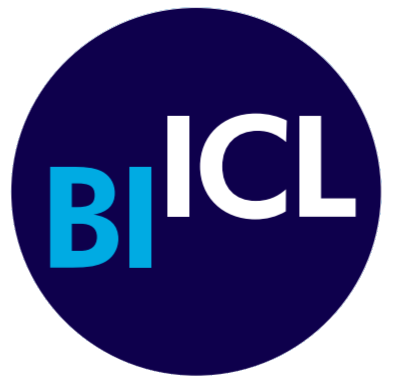Frequently Asked Questions
What is the Commission?
The Commission will bring together 15 individuals with a diversity of knowledge, understanding and experiences to undertake a review relevant counter-terrorism laws, policies and practices; consider the impact of measures on different groups and communities; examine adherence to human rights standards and the requirements of the Rule of Law; and make recommendations on changes in law, policy and practice.
In conducting its review and formulating its recommendations, the Commission will take into account: current threat posed by domestic and international terrorism; evolving challenges and emerging trends in the nature and scope of domestic and international terrorism; evidence of the experience of civil society organisations, legislators, policymakers, practitioners, victims and survivors of terrorism, and other relevant stakeholders; evidence of relevant laws, policies and practices in different parts of the UK and from outside the UK.
Analysis and recommendations from the Commission will provide the basis for developing effective policy and practice that has the support and input of all stakeholders. These will be underpinned by contemporary, internationally agreed standards on the Rule of Law and human rights (which include children's rights, women's rights and principles of equality and non-discrimination) and informed by discussion and dialogue with a wide range of stakeholders, including consultation with affected communities.
Who are the Commissioners?
The Commission brings together 15 Commissioners who, between them, bring diversity of expertise, experiences and understandings of counter-terrorism law and policy, its implementation and impact on communities. The Commission is chaired by the Rt. Hon. Sir Declan Morgan KC PC. Details of the background and experiences of the Commissioners can be found here
When did the Commission start?
Sir Declan Morgan took on the role of Commission chair in September 2021. The Commission met for the first time in February 2022 to agree its terms of reference and programme for work. The Commission held its first plenary meeting in June 2022. The Commission's public launch and a call for evidence was issued in July 2022. The Commission aims to conclude its work by the end of 2023 and publish its report in early 2024.
What are the Commission's Terms of Reference?
The Commission's Terms of Reference can be found here
How will the Commission reach its conclusions?
The Commission will undertake its deliberations over the course of 7 Plenary meetings and gather evidence, analysis and understanding in several ways. These include, issuing a public Call for Evidence, holding evidence sessions, convening international roundtables, commissioning expert working papers, and meeting with individuals, groups and organisations.
What are the areas of law, policy, and practice that the Commission will review?
The Commission will be flexible and open in its approach identifying the issues that it will cover in the review. The issues examined by the Commission will include:
- the definition of terrorism;
- the understanding and evidence on the relationship between terrorism, violent extremism, non-violent extremism and radicalisation;
- approaches to counter-terrorism policing and counter-terrorism policing powers;
- terrorism related criminal law offences;
- the use of administrative and executive measures;
- counter-terrorism financing measures;
- digital technologies and counter-terrorism;
- prevent and counter-radicalisation policies including their implementation and impacts on education, employment, health, social and youth services;
- prisons and the reintegration and rehabilitation of offenders;
- legislative and policymaking processes, oversight and accountability.
How does the Commission differ from the Independent Reviewer of Terrorism Legislation?
The Commission offers the opportunity for a broad range of individuals to come together review counter-terrorism law, policy and practice. The scope of the Commission's work include areas of law, policy, and practice - such as the use citizenship deprivation in countering terrorism and the Prevent strand of the Contest Strategy - that are outside the scope of the work of the Independent Reviewer of Terrorism Legislation,
How does the Commission differ from the Independent Review of Prevent?
The work of the Commission will include a review of the Prevent Strategy and Prevent Duty. It will seek to engage with a wide range of stakeholders including, policymakers, practitioners and civil society organisations about their knowledge, understanding, and experiences of laws, policies and practices that operate under the Prevent Strategy. It will also look at the relationship between the Prevent Strategy and the Counter-Extremism Strategy. The Commission will be reviewing these issues in the summer of 2023 and so will be able to consider any changes that arise from the recommendations of the review of Prevent by Sir William Shawcross.
How can I contribute to the Commission's review?
The Commission has issued a public Call for Evidence. We would welcome your views on the questions posed in the Call for Evidence. The deadline for submitting responses to the Commission is 15 November 2022.

